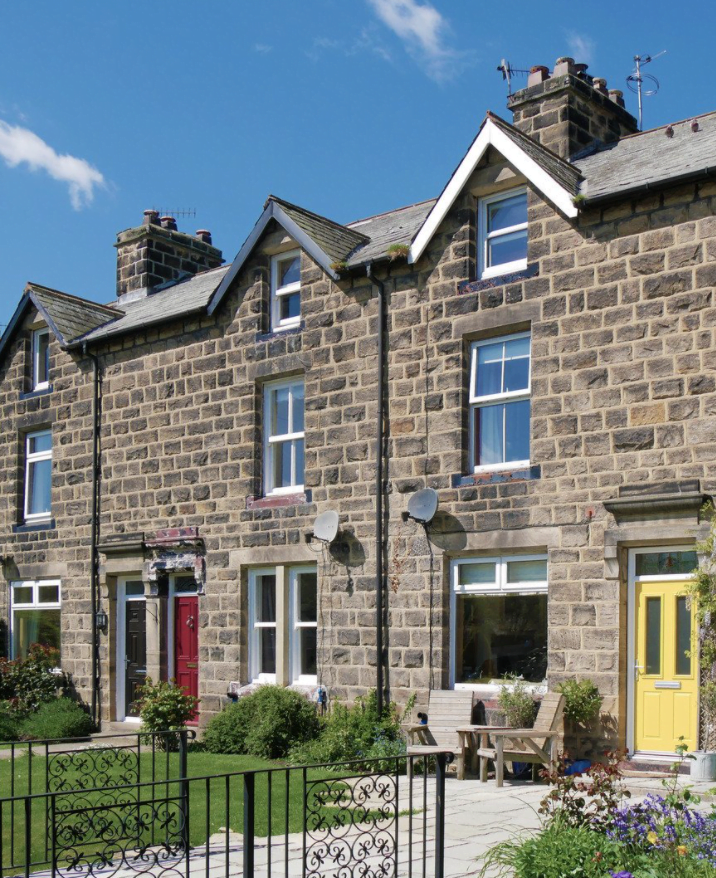The Difference Between the Three Levels of RICS House Surveys
What is a house survey?
Simply put, a property survey is a professional inspection carried out by a building surveyor that evaluates the condition of the house. The surveyor inspects all aspects of the house and prepares a report that highlights defects, remedial works required, and maintenance liability, so you can make a fully informed decision before buying one of the biggest purchases of your life!

“Key takeaway – the house type and condition dictate the level of survey or report required.”
Level One – RICS Condition Report
This is the most basic type of home survey. The survey provides an overview of the property’s condition and highlights significant issues. This works for traditional properties built from common materials and when the house looks in a good condition.
The report provides clear ‘traffic light’ ratings on the condition of different parts of the building, services, garage, and outbuildings. You will find out if there are any serious problems that need to be fixed or investigated, and potential risks to the property or people.
Also, this report provides information on guarantees, planning, and building control issues for your legal advisers, so you can proceed with the purchase smoothly.


Level Two – RICS HomeBuyer Report
This is the most popular type of house survey – the standard choice for most properties in good condition.
The key difference of this report from Level One is that this survey inspects the property more in-depth, and you get additional information about the property value and its location. This survey takes more time to complete, usually, 2-4 hours.
The report flags any issues that could affect the property’s value in the future, advice on repairs, ongoing maintenance, and possible issues in maintaining the house in its current condition. For example, anything that does not comply with current Building Regulations, structural or damp issues will be brought to your attention.
Finally, this report provides the current ‘market value’ of the property, and the figure for insurance reinstatement.
Level Three – RICS Building Survey
Formally known as a Full Structural Survey, this is the most thorough type of house survey and it’s suited for more unique, heavily altered, dilapidated or very old properties.
The Building Survey provides a comprehensive analysis of the property’s structure and condition. This survey will help you ensure you know what you are buying if you have any major concerns about the property or are planning to do a lot of work on it. To uncover all possible issues of the property, the surveyor will look at the house top-to-bottom in all areas accessible. Finally, the full structural survey provides advice for your legal advisers and details of serious risks and dangerous conditions.

Is the house survey really necessary?
It may feel like just another extra cost, but a pre-purchase house survey ensures that you are fully informed before exchanging the contracts. According to RICS statistics, the average home buyer spends almost £6000 shortly after moving in; and mostly it’s due to some hidden problems that have not been uncovered before!
The survey also gives you leverage with the house seller as you can ask to reduce the property price accordingly to the expected cost of repair or ask that the vendor remediates the problems before moving in. It also helps you budget for any extra costs after moving in.


